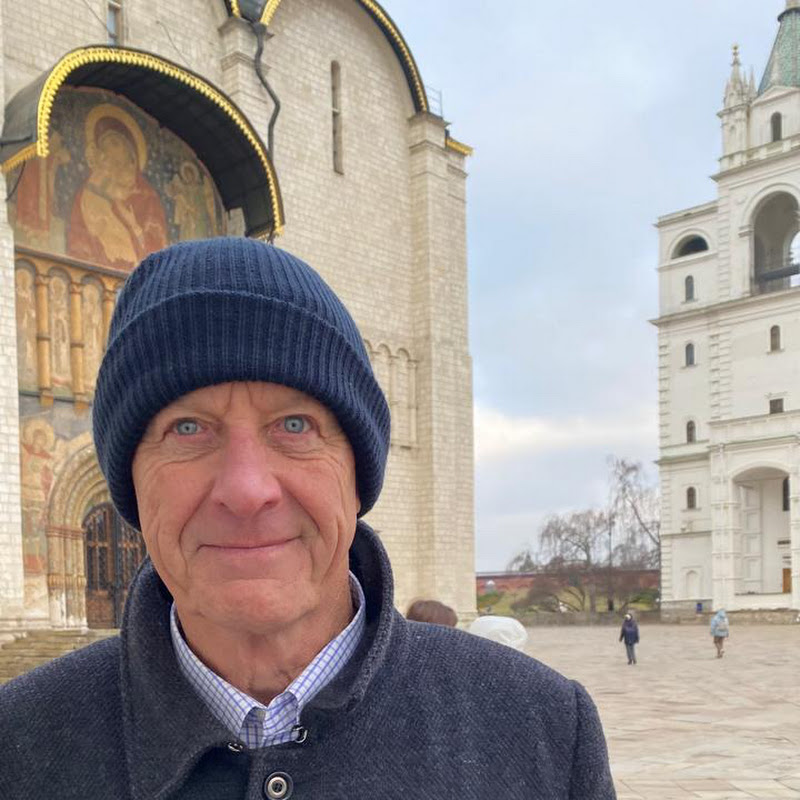
US & EUROPEAN LEADERS UNFIT TO SERVE #russia #ukraineconflict #history #europeannews
Jul 30, 2025
US & EUROPEAN LEADERS UNFIT TO SERVE #russia #ukraineconflict #history #geopolitics
In this video, we draw comaprisons between the shortcomings of the leadership of the Third Reich and that of modern Europe - specifically in terms of the Ukraine conflict. Are doomed to make the same mistakes over and over?
We delve into the fascinating story of Field Marshal Friedrich Paulus, the first German Field Marshal captured alive during World War II. His capture at Stalingrad in 1943 not only infuriated Hitler but also revealed a surprising side to wartime imprisonment. Discover how Paulus was treated humanely at Suzdal prison, enjoying comforts like regular meals, exercise, and even concerts—contrasting sharply with the brutal conditions often associated with wartime captives.
We explore the moral complexities of Paulus's decision to refuse an order for his troops to surrender, highlighting the tension between personal conviction and military duty. As we reflect on his story, we draw parallels to today's conflicts, particularly the ongoing situation in Ukraine. Are our current leaders making the right decisions for the bloc's citizens?
Let''s try to understand the implications of leadership - the haphazard choices we see ever day. Is there any accountability? And what are the lessons history teaches us about war and peace. This video encourages viewers to think critically about the past and present, urging us to question the narratives that shape our understanding of conflict.
TRANSCRIPT
In 1943, Field Marshal Friedrich Paulus, commander of the German Sixth Army, was captured at Stalingrad. He became the first German Field Marshall to be taken alive, a fact that infuriated Hitler. Paulus was taken to Suzdal prison, within the walls of the St. Euthymius Monastery near Moscow.
His treatment there was surprisingly humane. He had his own room, and prisoners enjoyed regular meals, daily washing, and exercise. Even concerts and football games. Far from the brutal conditions one might expect
After his capture, Paulus refused to sign an order for his remaining troops to surrender. This decision, made under immense pressure, highlights a complex moral landscape, where conviction clashes with military duty and political expectation.
His story provides a glimpse into the dynamics of conflict. It forces us to consider the human element, even amidst the grand strategies of war. The conditions of his imprisonment stand in stark contrast to the narratives of vengeance often associated with capture.
Today, as conflict rages in Ukraine, we are compelled to look back in history and ask what lessons we have truly learned. We are prompted to examine the actions and decisions of those in power. Do you trust the leader of your country to make the right decisions for you? Starmer, Macron, Merz, Von Der Leyen - and their puppets in Ukraine. They all buckle under the weight of criticism from their own people
And should these ministers be held accountable for their roles in the ongoing conflict? For the continuous fuelling and financing of a war that
shows no sign of abating? The US admits this is a proxy war designed to weaken and even destroy Russia. By being pushed to reject the Minsk Peace Agreement in 2022, which outlined a path to normal life, were the best interests of Ukraine and Europe really in mind?
History offers us not just facts, but profound questions. The choices made by leaders, then and now, shape the lives of millions. It is imperative that we, as citizens, critically examine these decisions and demand accountability.
The path to peace is rarely simple, but it always requires a willingness to confront uncomfortable truths. We must reflect on whether current actions - and inactions, truly serve the interests of stability and human well-being, or if they inadvertently prolong suffering.
TAGS
Ukraine offensive,
Show More Show Less #World News
#War & Conflict

